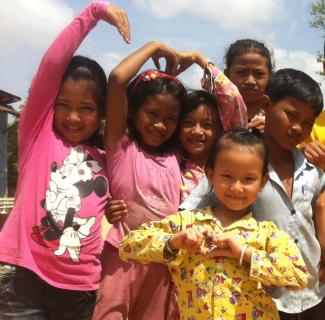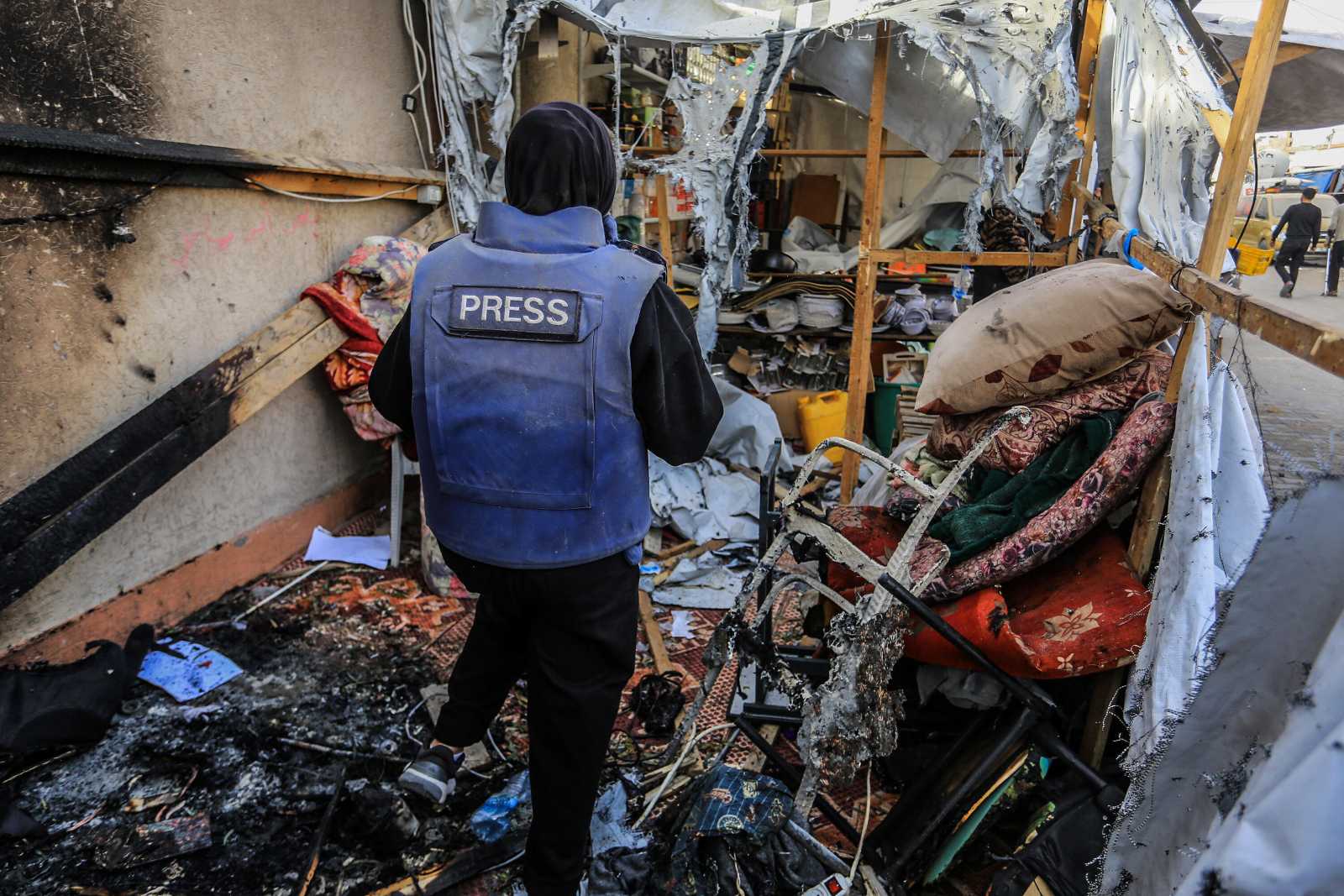Orphanage tourism
Orphanages: sites for abusive tourism

Many organised tours to Cambodia include an orphanage visit, and many young people are eager to volunteer in such an institution. Almost all Cambodian orphanages are financed entirely by foreign organisations or individuals.
It is estimated that three quarters of children in the country’s orphanages have at least one living parent, according to UNICEF. The number of orphans aged 0 to 14 in Cambodia has fallen over the past decade, and traditionally orphans stay with their extended family. This kind of family-based care has proven to be the best for children, according to a study published in 2011 by UNICEF and the Cambodian Ministry of Social Affairs. Nonetheless, the number of orphanages has doubled in the past five years. At present, there are hundreds of institutions.
There are several varieties of problematic orphanage tourism. According to the NGO Friends-International, it has become a common experience of tourists to be approached by children and asked to visit their orphanage. Typically, they will see a short performance or dance routine by the children and be asked for a small donation in support of the orphanage.
A downside is that orphanage directors may “purposefully maintain poor living conditions for children”, as Friends-International alleges. The reason is that, the more needy the children appear to be, the greater the donations are likely to turn out. Orphanage tourism is thus an incentive to keep children in misery.
Volunteers who work in an institution for some time is another form of orphanage tourism. Social activists vehemently oppose it. One reason is the exploitation of children, including sexual abuse. According to Friends-International, many agencies that operate orphanages have no child protection policies. Some fail to check the backgrounds of their short and long term volunteers. “This leaves children open to mistreatment and abuse,” the NGO criticises.
The children in residential care are at risk not only from visitors, but from staff as well. The study by UNICEF and the Cambodian Ministry of Social Affairs found that caregivers often sleep in the same rooms or even beds with the children. The children are thus exposed to abuse. Last year, the Phnom Penh Municipal Court sentenced the American director of a Christian orphanage to a year in prison for sexually abusing five underage Cambodian boys who were in his care. While this is not the only case that surfaced, most instances of abuse probably remain undiscovered.
The vast majority of tourists come not with the idea of abusing a child but with the best intentions, but they may contribute to harming children nonetheless. Without knowing it, they are fuelling an exploitative system. (kd)
Link:
Campaign against orphanage tourism:
http://www.thinkchildsafe.org/thinkbeforevisiting/index.html
Study by Unicef and the Cambodian ministry of social affaires: With the best intentions.
http://www.thinkchildsafe.org/thinkbeforedonating/wp-content/uploads/With-The-Best-Intentions-UNICEF-and-Ministry-Of-Social-Affairs-Of-Cambodia.pdf













